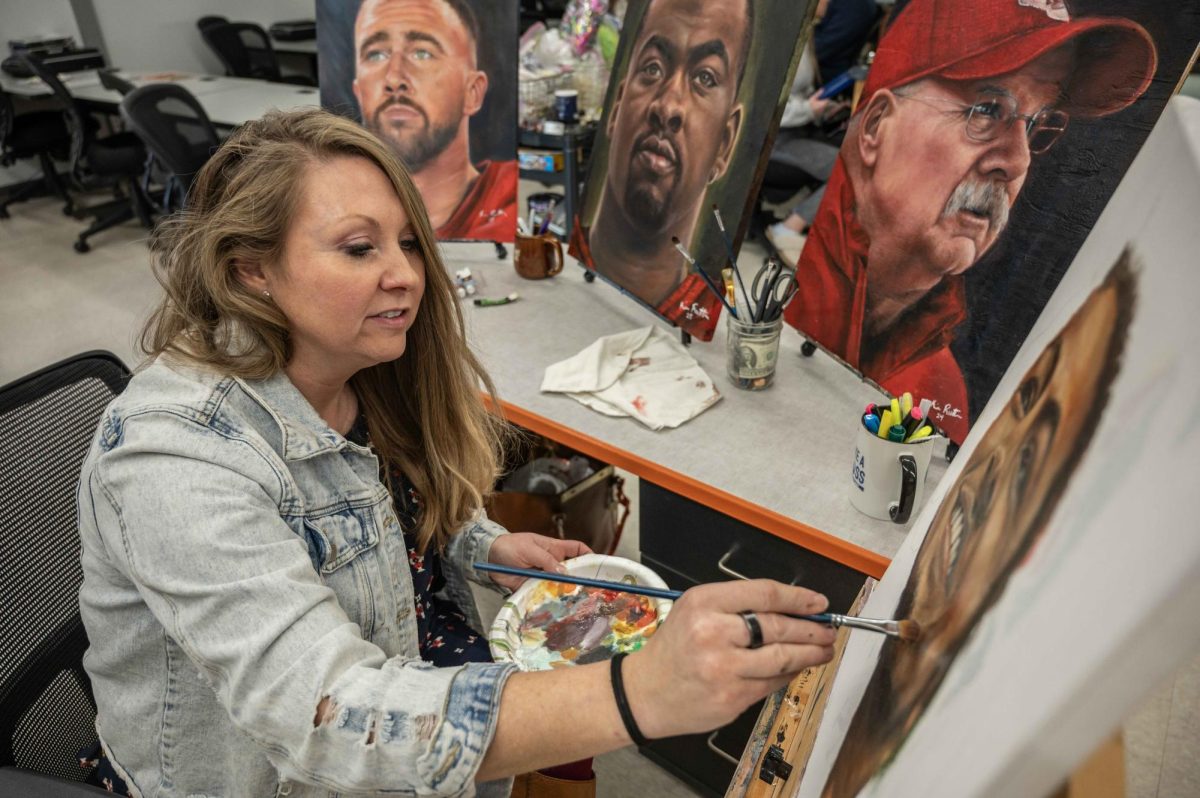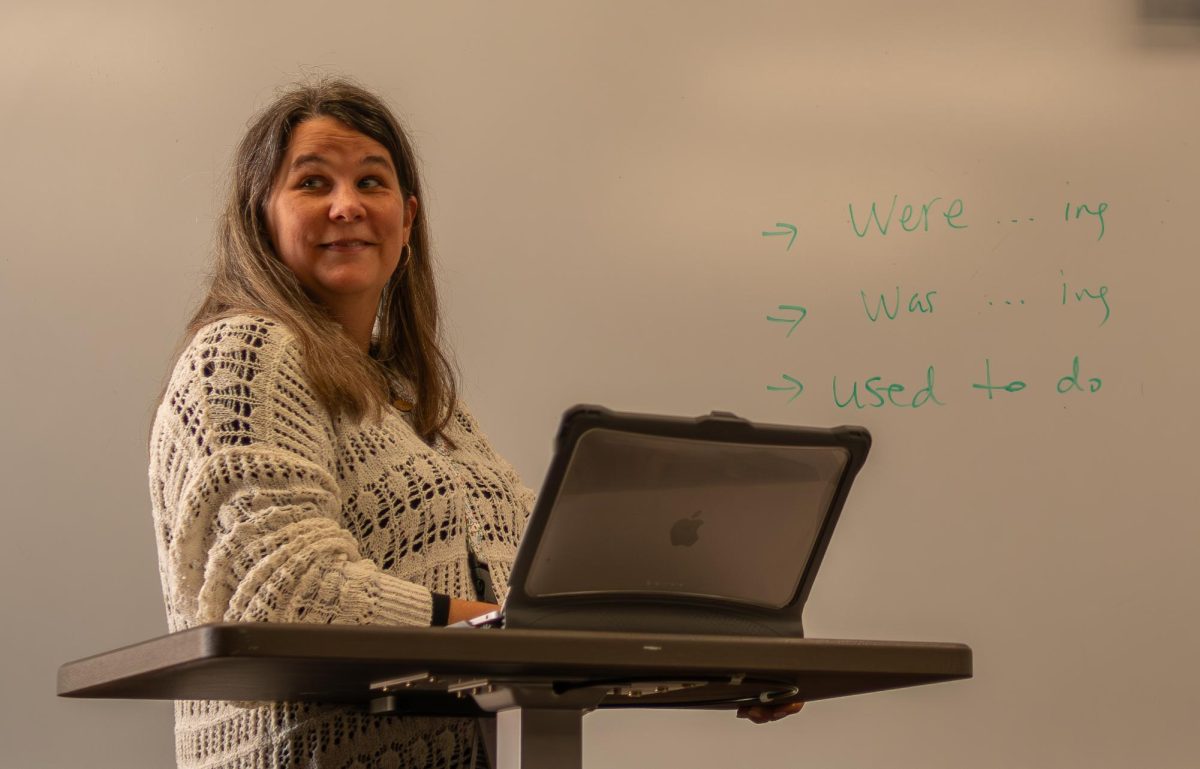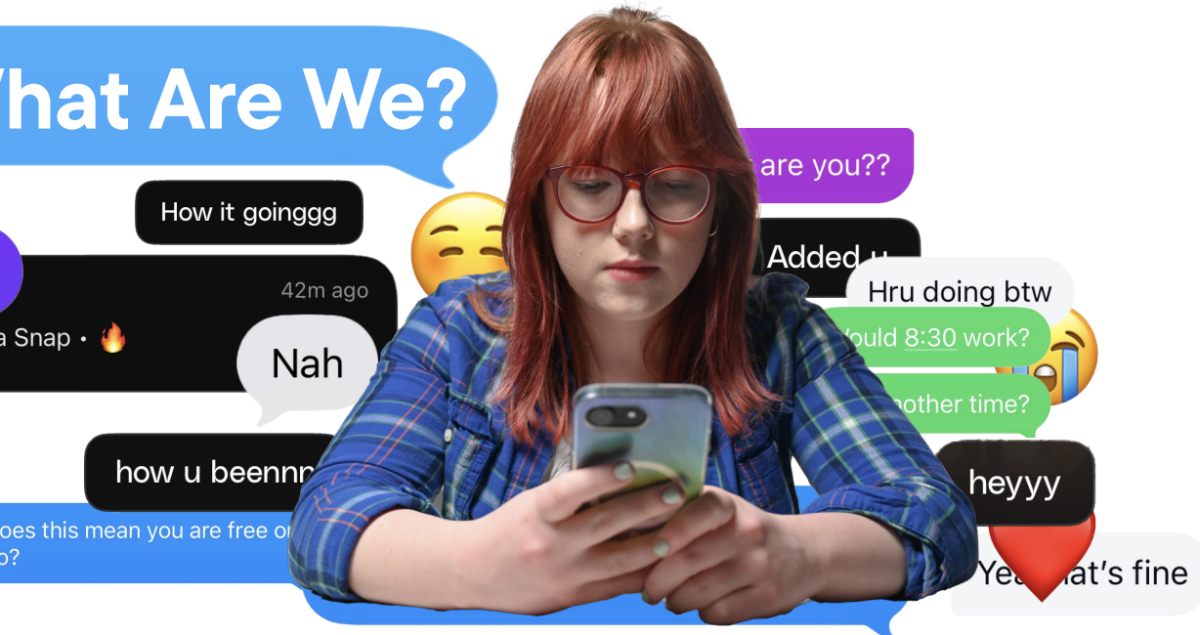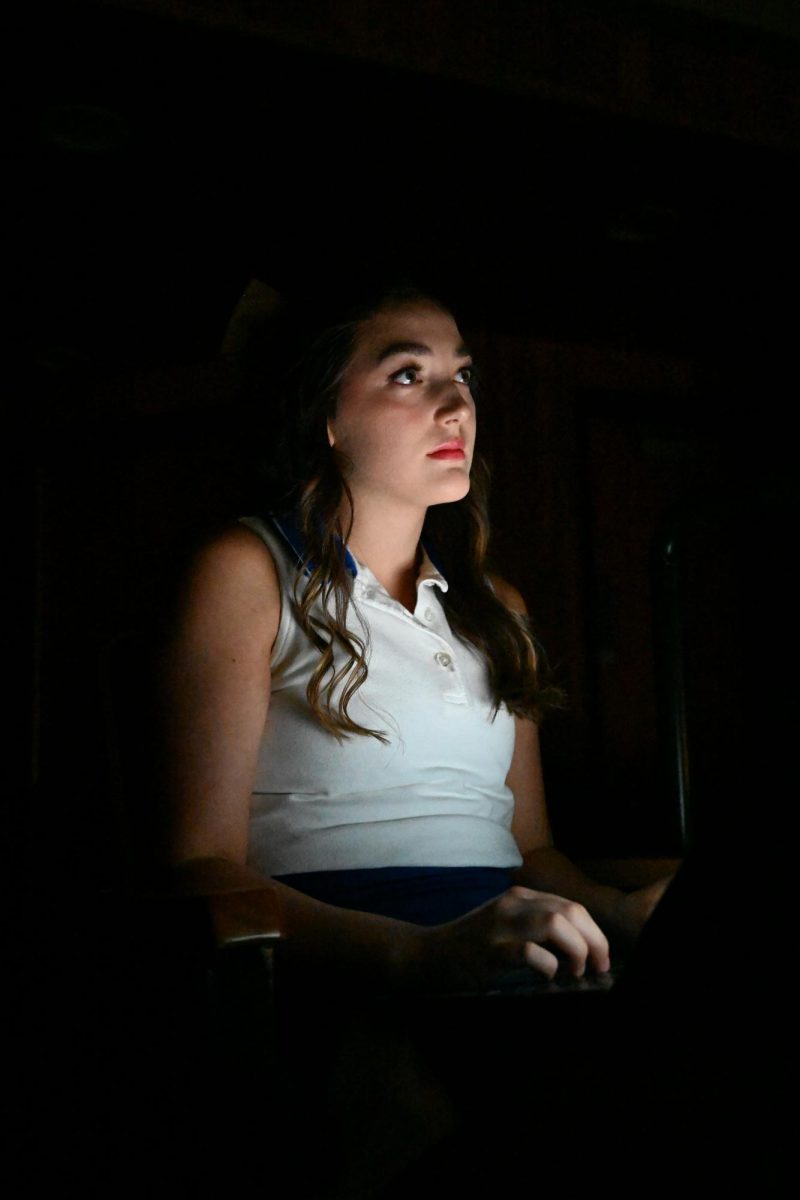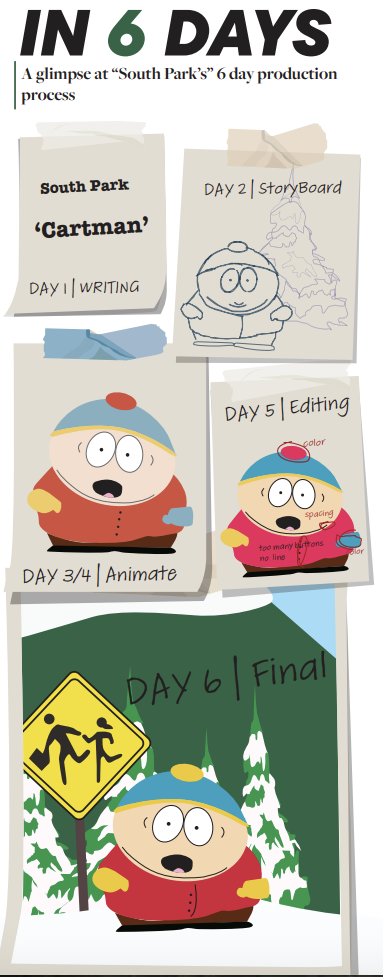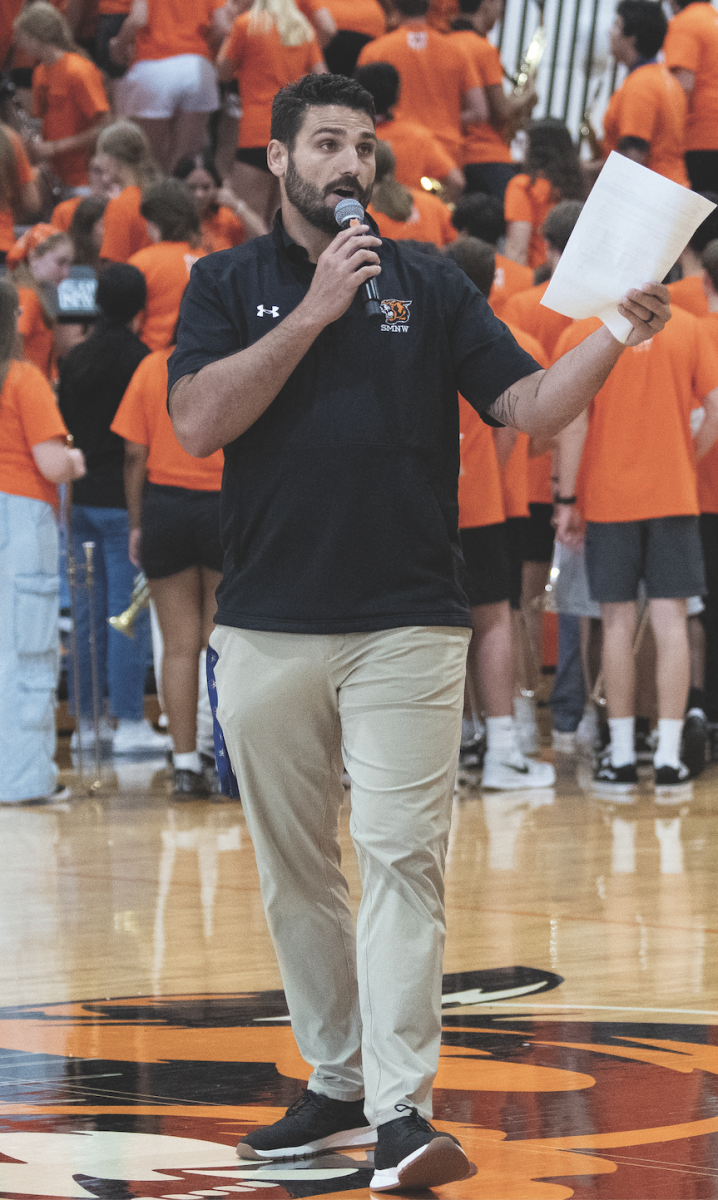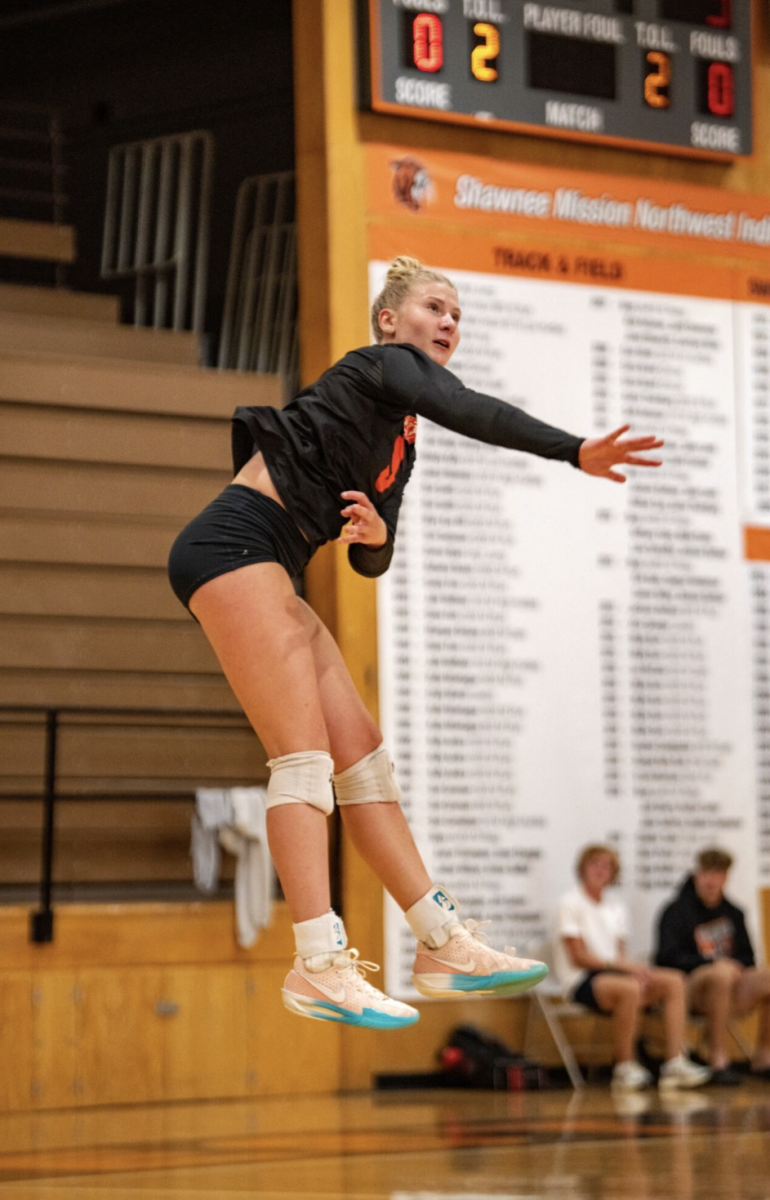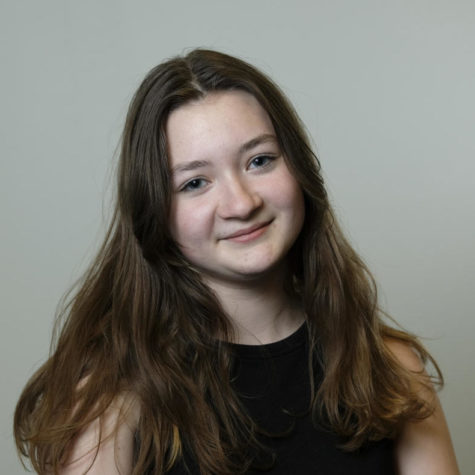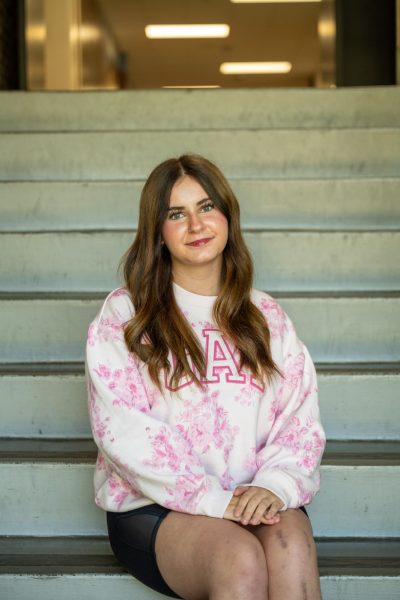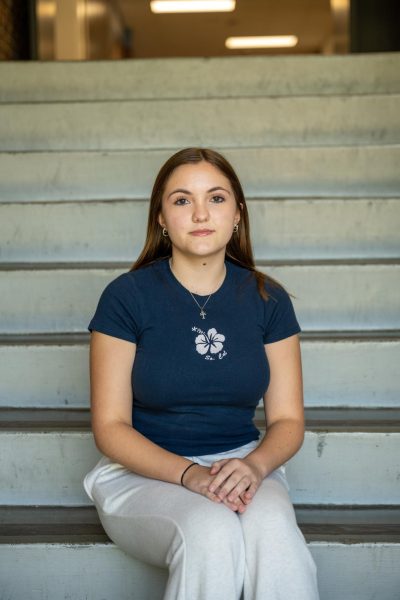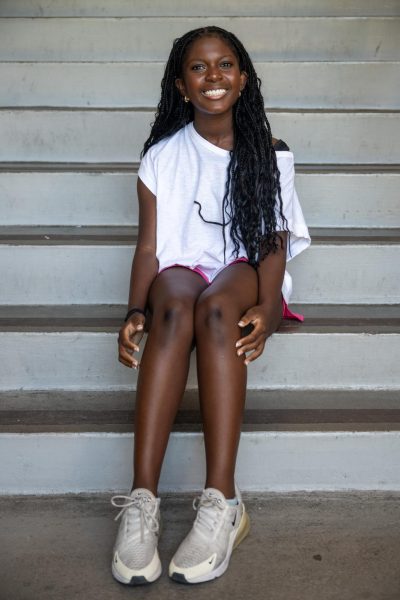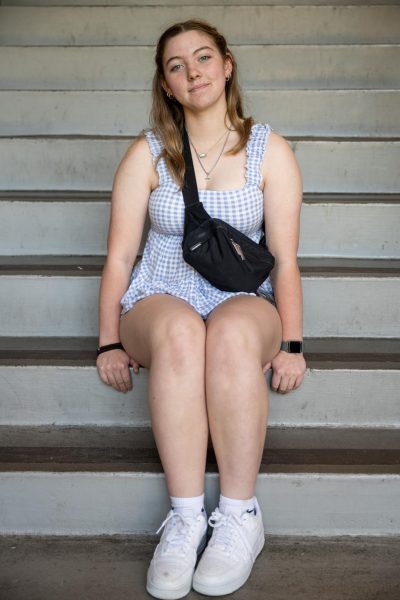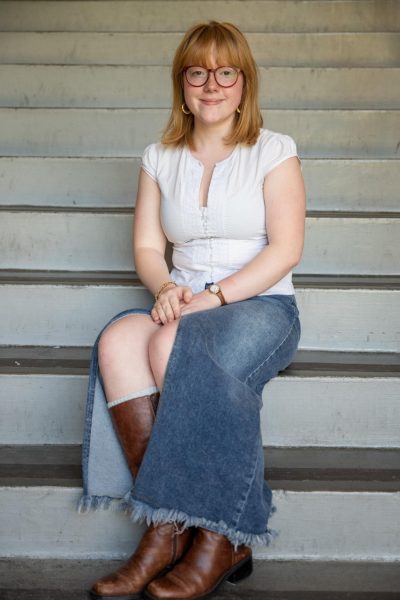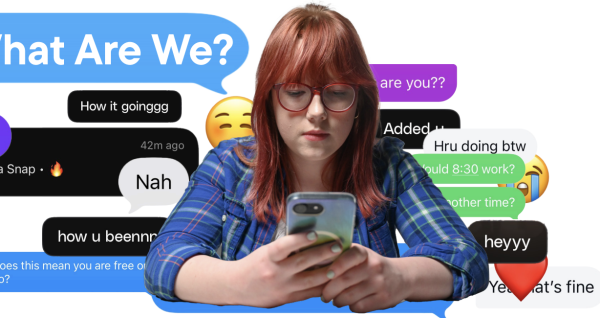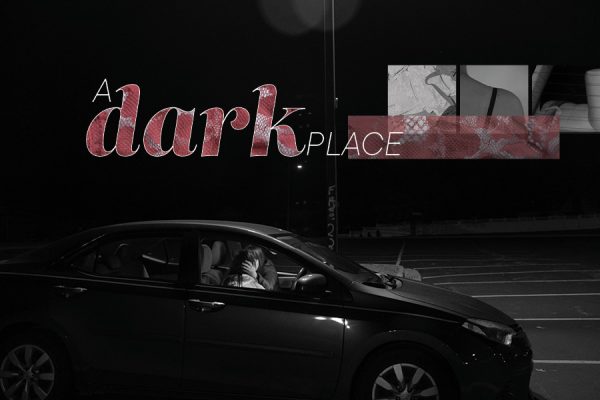My Own Mental Barrier
My lifelong journey with Attention Deficit Hyperactivity Disorder (ADHD)
April 25, 2022
I’ve always been a picky eater.
Growing up, if anything unknown appeared on my plate, it meant the world was ending. One distinct memory of this is when my parents served us Hamburger Helper for dinner. I stared at my bowl for about 10 minutes before my mom forced me to take a bite. I eventually did take a bite. Well, bite is a loose term. I licked a piece of artificial cheese coated macaroni and threw a fit. I was forced to sit at that dinner table until I had at least two bites of the mush.
Due to my stubbornness, I was there until 9 p.m., which was way past my bedtime at the time.
Things like this still happen today. I absolutely refuse to eat anything that I haven’t had before, unless I know I like everything on the ingredients list. I am one of those people who orders chicken tenders at every restaurant I had never been to before.
A few years later, my fifth grade teacher called my parents into a conference to discuss my behavior in class. She told my parents that due to my bad performance in her class, I should get tested for Attention Deficit Hyperactivity Disorder (ADHD). My parents were taken aback, not only by her rudeness, but by the notion that I could be neurodivergent. My parents both dismissed it, not even considering her request.
Along with all of this, I seemed to have a knack for never knowing how to stop talking. I never really understood when people weren’t interested in something I said.
It wasn’t until my sophomore year of high school when I realized things like this weren’t normal. I saw a video on TikTok that talked about common ADHD symptoms in women. Picky eating was among those. All of the sudden, the dots in my head began to connect and formed what was the ADHD picture.
I saw different symptoms, such as not understanding social cues, that I didn’t really realize I did until seeing these posts. I always knew I dealt with that but never knew why. From that moment on, I knew I had to know what was going on.
I talked to both of my parents about going to get tested. I was met with the classic response of “everyone has a little bit of ADHD in them, it doesn’t mean you have it.” Even my dad, who got diagnosed with ADHD in his 30s, wasn’t on board with it at first.
I was sent to a therapist who specialized in neuroscience to see if I could sort out what was truly going on. Within two meetings with her, she told me with confidence that I most definitely have ADHD.
I began researching everything I could about neurodivergent disorders to fully piece together what was going on in my head. I came to several possible conclusions other than ADHD, including Obsessive Compulsive Disorder (OCD) and autism.
After over a year of begging my parents to take me to a professional to get diagnosed, we finally scheduled an appointment a week before my junior year began. My dad came with me to the appointment, where I did a series of virtual tests, followed by a few paper tests. When the appointment was finally over, the professional officially diagnosed me with ADHD.
After getting diagnosed, I dedicated myself to being open about my disability with other women who were struggling to get diagnosed. I strongly believe that it took me so long to get diagnosed simply because ADHD symptoms in women aren’t as well known as symptoms for men. Where ADHD in men presents itself as physical symptoms, ADHD in women presents itself as emotional symptoms.
Learning more about my disability also led my parents to understand themselves better. My mom and little brother began to realize they may be neurodivergent as well.
My therapist suggested different types of medication and solutions to manage my symptoms. If there was a cure, I don’t think I would ever pursue it. My ADHD makes me who I am, and I don’t think I would ever get rid of it.


